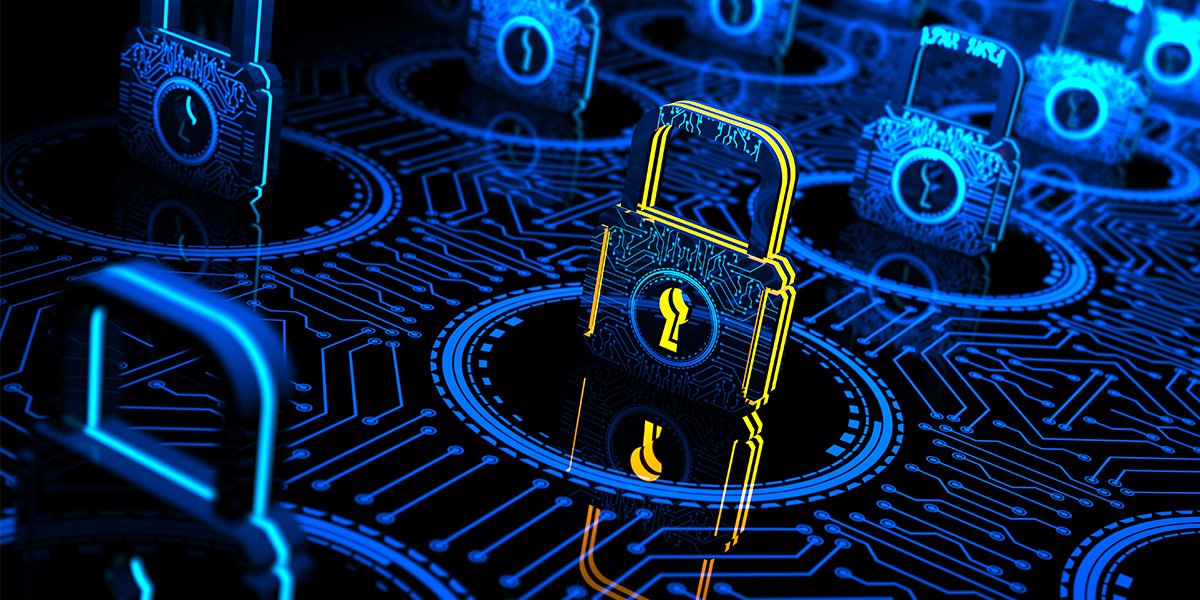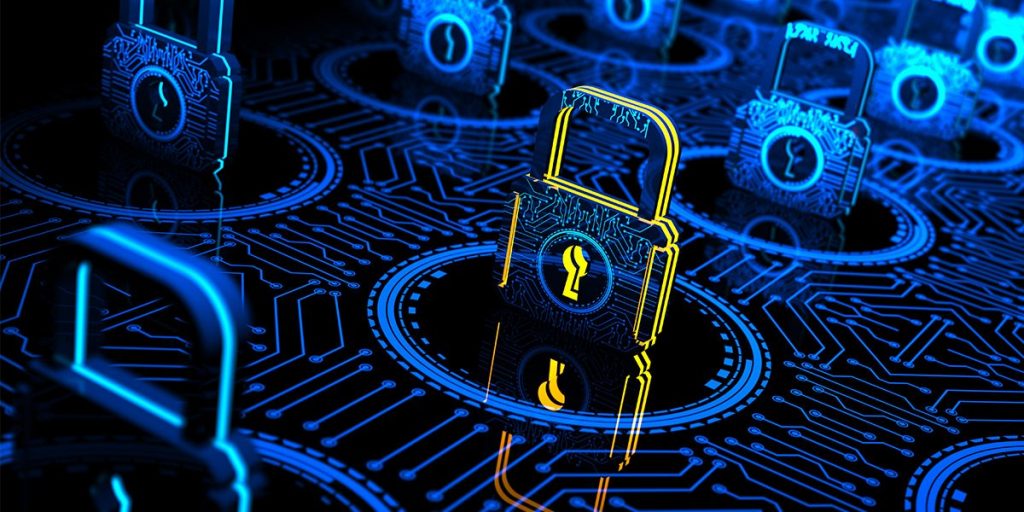Did you know that small-to-medium-sized businesses lost an average of $212,000 last year because of cyber incidents impacting suppliers they share data with?
The threat landscape online is fierce, and that requires a proactive response by businesses.

But what are the top cybersecurity risks facing your business today? You can’t prepare appropriately if you don’t know the risks and their severity.
So that you know what you’re up against, here’s a look at five cybersecurity risks to prepare for.
Ransomware
You’ve probably heard a lot about ransomware attacks in the news over the last few years.
When someone launches a successful ransomware attack against a corporate network, the network will become encrypted and inaccessible to the company that owns the corporate network. The hacker will demand payment for the key to unlock the encryption.
Back up your data regularly, update all software, and install antivirus software to safeguard against ransomware.
Social Engineering
Social engineering has been around for a long time. And despite the public awareness campaigns about this cyberattack method, people continue to fall for it repeatedly.
When launching social engineering attacks, cybercriminals might email employees at specific companies. In these emails, the cybercriminals will pretend to be these targeted employees’ co-workers and request confidential information. They might also include email attachments that, if downloaded, can unleash data-stealing or system-crippling viruses.
Stopping social engineering in its tracks means ensuring workers know about these cyberattacks, understand how to detect them, and know what to do if they encounter them.
Malware
Malware is another serious threat businesses need to know about. Cybercriminals use malware, or malicious code, that can come in the form of viruses and trojans. It can provide a way for cybercriminals to gain unauthorized access to corporate networks where they can steal confidential data and even destroy data stored on computers and laptops.
Cybercriminals can unleash malware through emails, so employees must be wary about opening attachments or downloading files. Using the right security software packages — and ensuring they’re updated at proper intervals — can help keep businesses safe.
Denial of Service
Another attack that businesses need to be aware of is a denial of service attack (DoS). It occurs when a hacker floods a network or computer so it cannot respond to requests. A related cyberattack is a distributed denial of service (DDoS) attack that comes from a computer network. One type of DDos that can wreak havoc is a botnet.
A hacker can use a botnet to infect millions of systems with malicious code/malware. The hacker can then control all of the inflected computer systems — using them to do whatever he wants like flood inboxes with spam or launch more serious attacks.
Password Attacks
By now, people should know that passwords like “1234” or “ABC” won’t cut it. It’s also a bad idea for people to include personal information in their passwords like the name of a pet or their birthday. Cybercriminals use lots of strategies to get passwords.
For instance, they use social engineering and phishing strategies to trick people into handing over passwords. They may also employ unauthorized password resetting strategies or even try some password guessing since they know that many people still use easy-to-guess passwords.
Businesses need to ensure employees are choosing proper passwords. In fact, they can insist on it by setting parameters around what constitutes a strong password.
Complacency Is Not an Option
Your business must treat cybersecurity issues seriously. Many business owners assume they won’t become victims of cyberattacks, but successful attacks are far from uncommon.
If you need help creating a sound cybersecurity plan, speak to a consultant specializing in such matters. Failing to talk to experts about your cybersecurity needs is like being charged with a DUI and deciding not to talk to a DUI defense attorney. In other words, your business needs guidance in putting together a solid strategy to safeguard against cyberattacks.

Founder Dinis Guarda
IntelligentHQ Your New Business Network.
IntelligentHQ is a Business network and an expert source for finance, capital markets and intelligence for thousands of global business professionals, startups, and companies.
We exist at the point of intersection between technology, social media, finance and innovation.
IntelligentHQ leverages innovation and scale of social digital technology, analytics, news, and distribution to create an unparalleled, full digital medium and social business networks spectrum.
IntelligentHQ is working hard, to become a trusted, and indispensable source of business news and analytics, within financial services and its associated supply chains and ecosystems











